Local Foods
All Local Foods Content
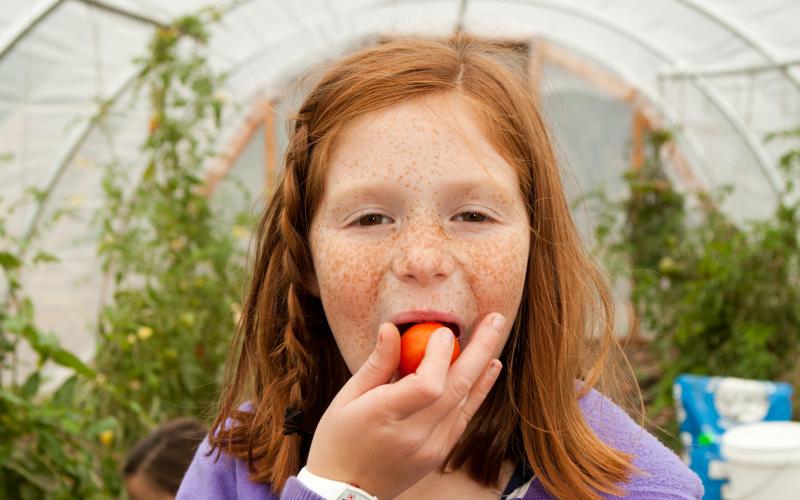
Agritourism
When a producer has decided to sell a product directly from the farm, entertainment or tourism-based activities could be incorporated to create larger appeal. Agritourism could add value to the farm visit though education, entertainment, outdoor recreation, dining, relaxation or other avenues, potentially drawing more customers in.
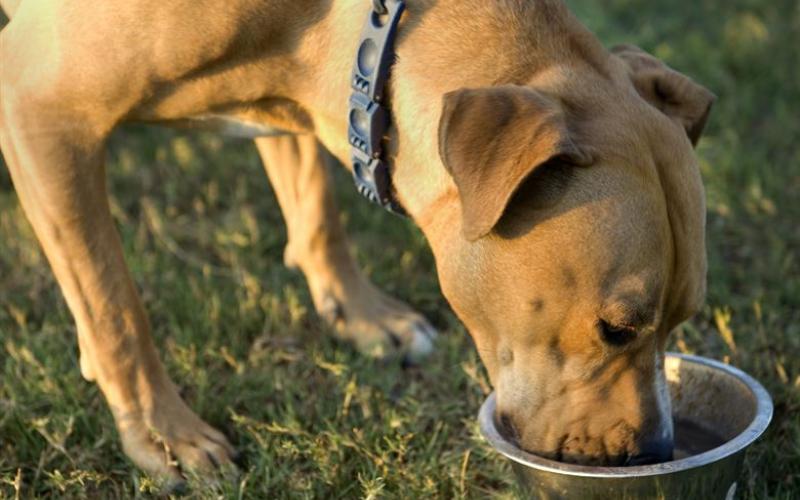
Pet Food & Pet Treats
In South Dakota the Department of Agriculture Feed & Animal Remedy Program is the agency that oversees the manufacturing, licensing and labeling of animal feeds and remedies. Local foods producers interested in selling pet foods or pet treats need to be in compliance with this program.
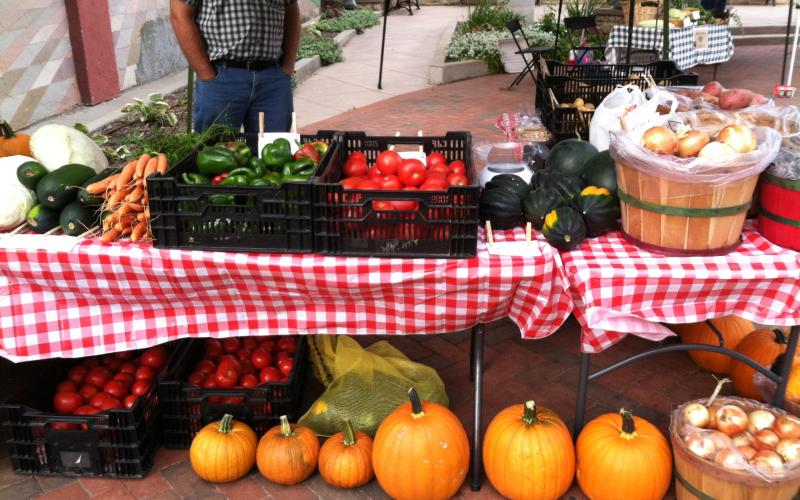
Developing a Vision Statement for a Farmers Market
The Vision Statement is a picture of what the market organizers want the market to look and feel like in the future.

CSA Models
Community Supported Agriculture (CSA) marketing is an outlet that allows a farmer to sell subscriptions or shares to consumers prior to the growing season. When the produce or food product is harvested it is then delivered on a scheduled basis to the customer.
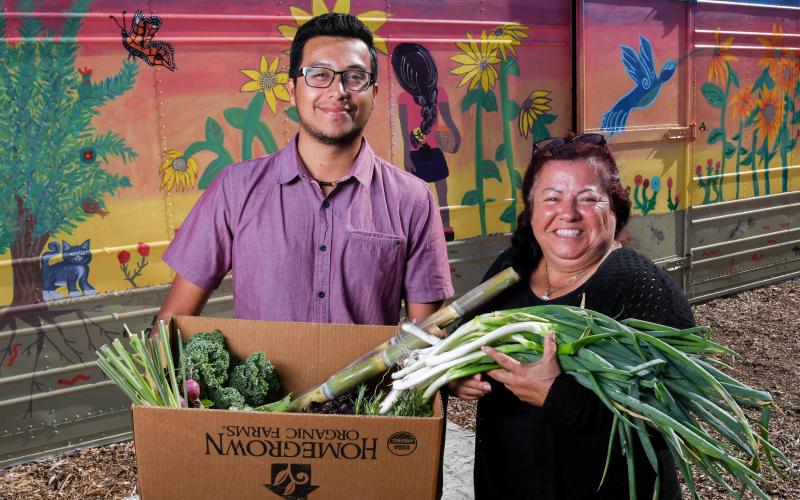
CSA Subscription ‘Box’
Community Supported Agriculture (CSA) subscriptions vary by producers; there is no set rule on the package size or box contents.
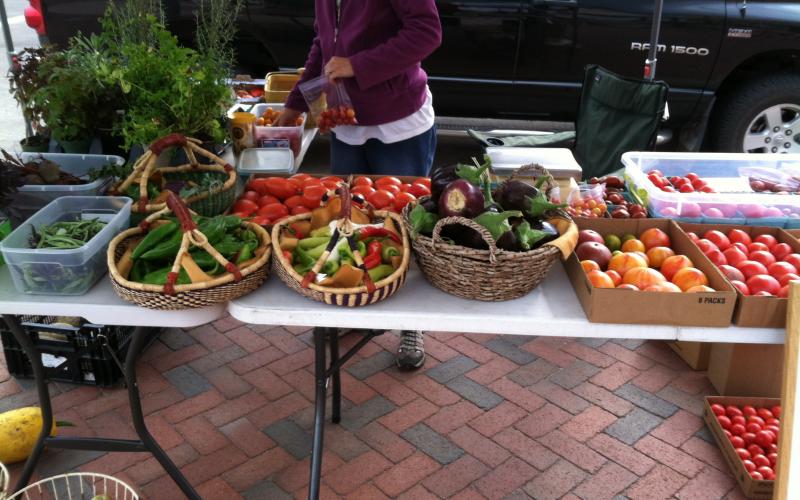
Farmers Market Food Safety: At the Market
Displaying food and produce safely requires attention to reducing the risk of contamination.
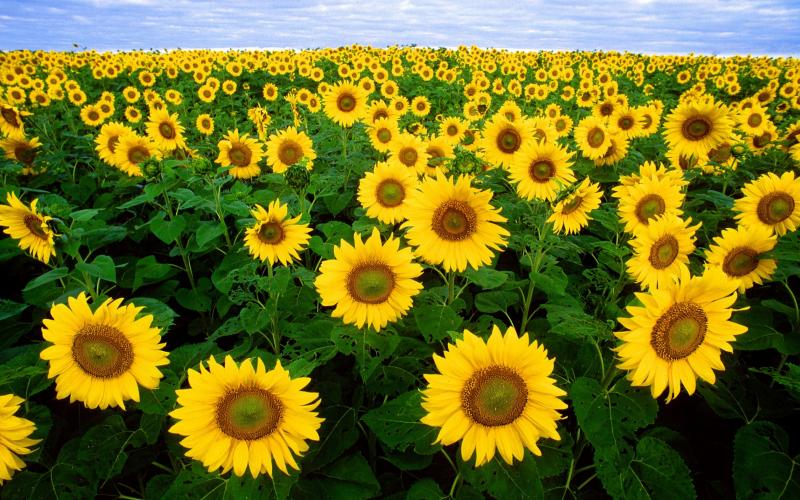
Why Add an Agritourism Enterprise to Your Farm or Ranch?
Agritourism is the practice of touring agricultural areas to see farms and often to participate in farm activities.
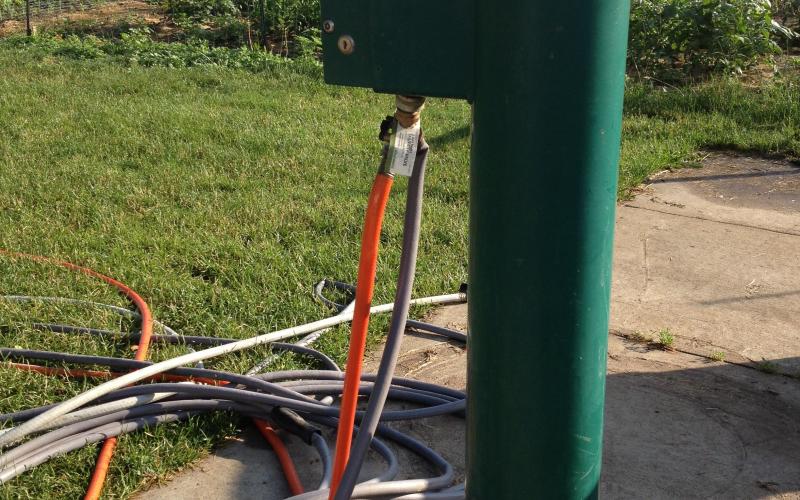
Community Gardens: Budget & Fees
In order to have a sustainable project, it is very important to identify all of the expenses that are involved in the operation of your community garden. Are there costs associated with utilizing the site, site preparation (tilling, plowing, soil testing, or soil amendments), on-site resources (hose, fencing, or shared tools), marketing the garden, water usage, or insurance?
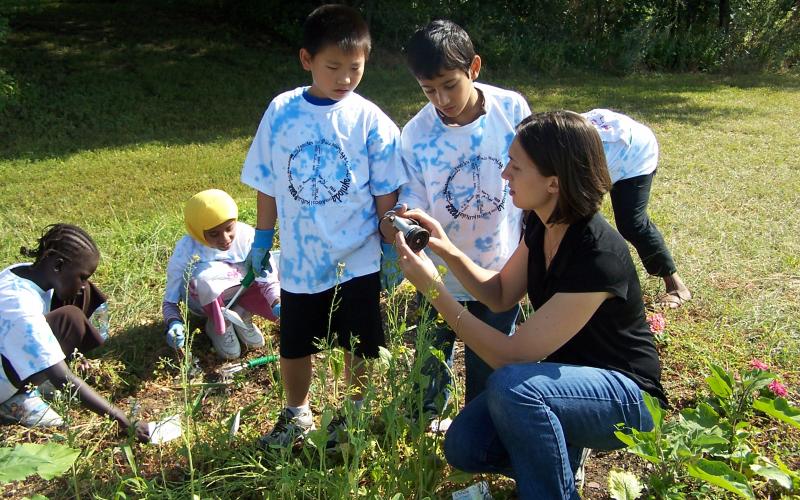
Ages & Stages in the Garden: Ages 9-11
When working with upper elementary youth in a garden consider their physical development and skill level as you develop learning activities. Nine to eleven year olds have better coordination and reaction time by this age, however sometimes dues to growth spurs there can be short-term issues with balance and coordination. Additionally, these children have more body strength and their hand dexterity has increased.

Scheduling Bedding Plants
Fall is the best time to start scheduling your bedding plant production. Start planning early for next year’s production.